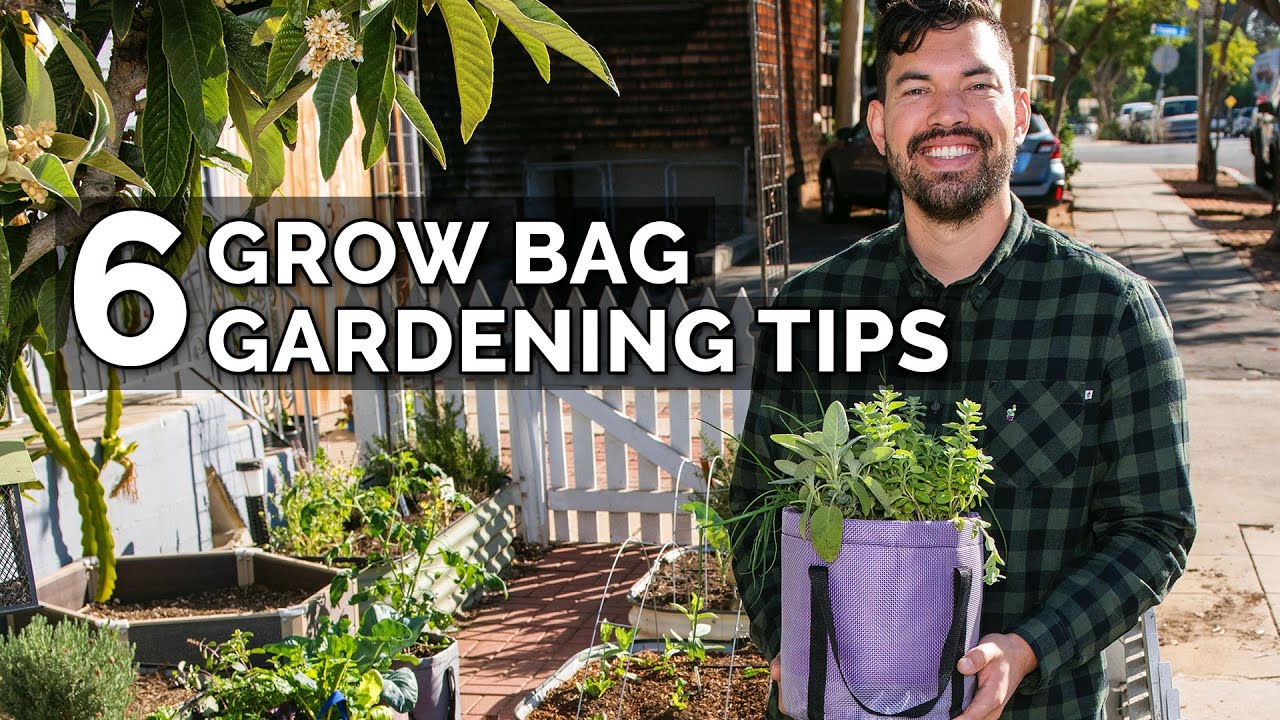
It is crucial to select the right mix of nutrients when choosing your fertilizer. Many commercial fertilizers contain a mix, which can make your plants suffer. However, if you want to maximize your crops' growth, you must feed them on a regular basis. To make sure that your crops receive the right amount of these nutrients, you must follow certain guidelines.
First, choose an all-purpose, balanced fertilizer. This product can be used on a wide range of plants, including annuals and vines. It's rich in nutrients that help to improve plant health. It is important that you choose the right fertilizer to suit the needs of the plant. You can read the instructions on the packaging to determine the best fertilizer for your plant.

Next, you need to consider what kind of plants are being grown. For instance, some plants need more nitrogen and potassium than others. Vegetables require more nitrogen and potassium than fruiting plants. These nutrients can overlap but are highlighted by the high yield. Plants that have high levels of potassium will get more nutrients from the soil than you'd expect. After you have selected the type of plant you want to plant, ensure it gets the right amount and balance of nutrients.
Make sure you choose the right nutrients for your plants. Good fertilizers can increase the yield and health of your plants. It should be prepared with the appropriate ratios for each stage. High nitrogen and lowphosphorus are best for plants that are in the vegetative phase. Plants that are in the flowering stage need high potassium, but low nitrogen. You must choose the appropriate amount depending on which stage your plants are at.
The amount of nutrients that your plants need will depend on the type of soil that you have. Your plants require glucose as the most basic nutrient. It is also the main molecule they need. The soil's pH level can be adjusted to ensure that the plants receive the right amount. A low pH level can make it impossible for the plant to absorb the nutrients you're adding to the soil. High pH levels can cause your crops to become unsatisfactory.

You should pay special attention to the nutrients you give your plants. For them to thrive and grow, they need food. There are two types of nutrients: secondary nutrients and macronutrients. Unlike humans, plants need nutrients in order to grow. Plants need nutrients to grow and survive. These nutrients should be provided in the right amounts to achieve maximum results. Don't overfeed your plants or you could cause damage to their roots.
FAQ
What is the maximum time I can keep an indoor plant alive for?
Indoor plants can last for many years. To ensure new growth, it's important that you repot indoor plants every few years. It's easy to repot your plant. Simply remove the soil and add new compost.
Can I grow vegetables indoors?
Yes, you can grow vegetables inside in the winter. You will need to purchase a greenhouse or grow lights. Before buying a greenhouse, check with your local laws.
What's the difference?
Hydroponic gardening relies on nutrient rich water rather than soil to provide nutrients for plants. Aquaponics uses fish tanks to grow plants. It's like having a farm right in your backyard.
Can I grow fruit trees in pots?
Yes! If space is limited, you can grow fruit trees in pots. You should make sure that your pot has drainage holes to keep excess moisture from rotting the tree. You should also ensure that the pot is deep sufficient to support the root ball. This will prevent the tree from being stressed.
How many hours does a plant need to get light?
It depends on the plant. Some plants need 12 hours direct sunlight each day. Others prefer 8 to 10 hours of indirect sun. Most vegetables need at least 10 hours of direct sunlight per 24-hour time period.
Statistics
- Most tomatoes and peppers will take 6-8 weeks to reach transplant size so plan according to your climate! - ufseeds.com
- 80% of residents spent a lifetime as large-scale farmers (or working on farms) using many chemicals believed to be cancerous today. (acountrygirlslife.com)
- It will likely be ready if a seedling has between 3 and 4 true leaves. (gilmour.com)
- According to a survey from the National Gardening Association, upward of 18 million novice gardeners have picked up a shovel since 2020. (wsj.com)
External Links
How To
How do I keep weeds from my vegetable garden?
The biggest threat to the growth of healthy vegetables is weeds. They are a threat to water, nutrients and sunlight as well as for space. To prevent them from taking over your garden, use these tips:
-
All plants should be removed when they are in flower
-
Get rid of any plant debris that may be around the base.
-
Mulch
-
Drink water frequently
-
Rotate crops
-
Do not allow the grass to grow.
-
Keep soil moist
-
Plant early
-
Harvest often
-
Make compost
-
Avoid chemical pesticides
-
Grow organic vegetables
-
Heirloom seeds available
-
Start small
-
Learn more about companion-planting
-
Be patient
-
Enjoy gardening!